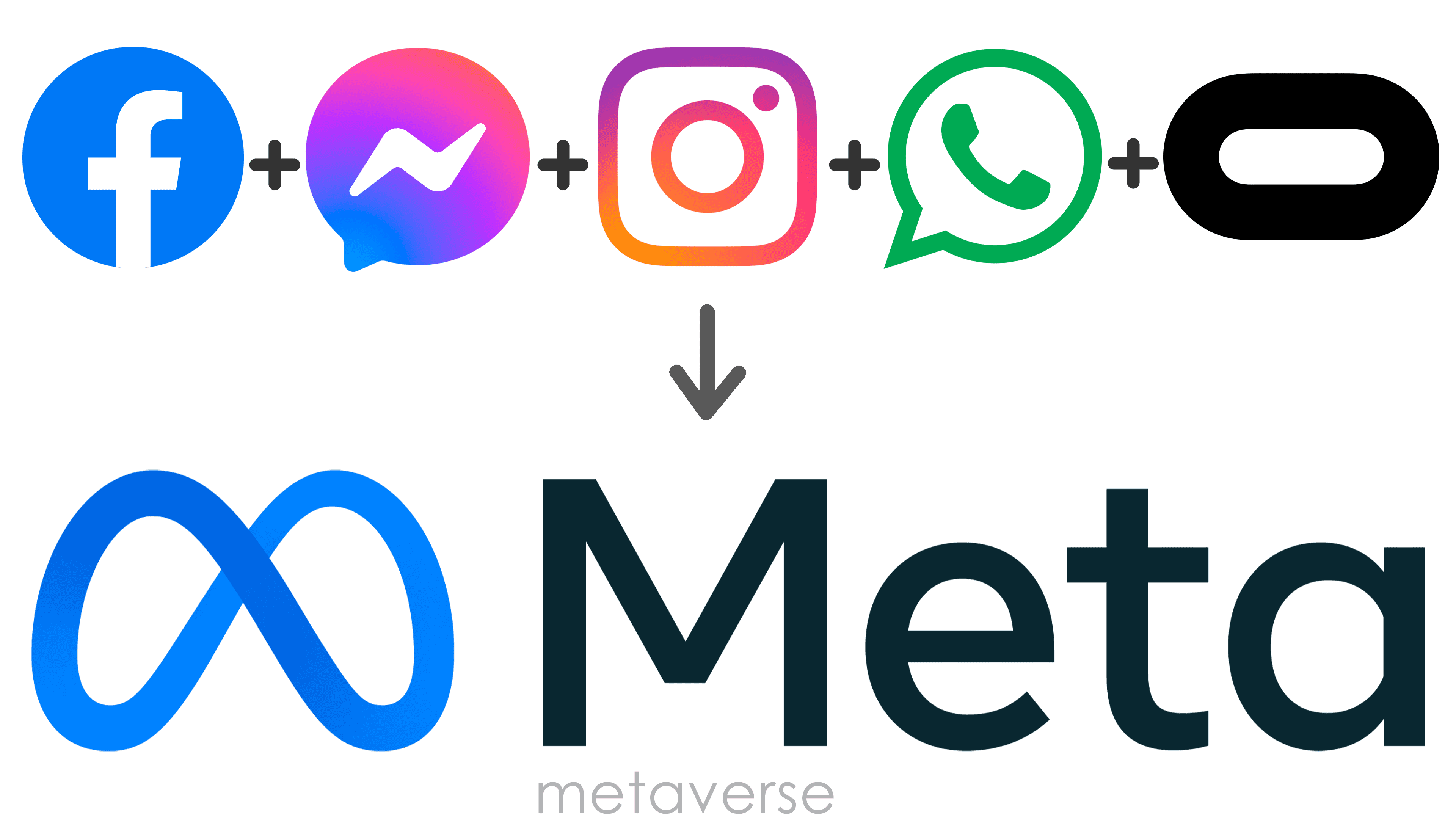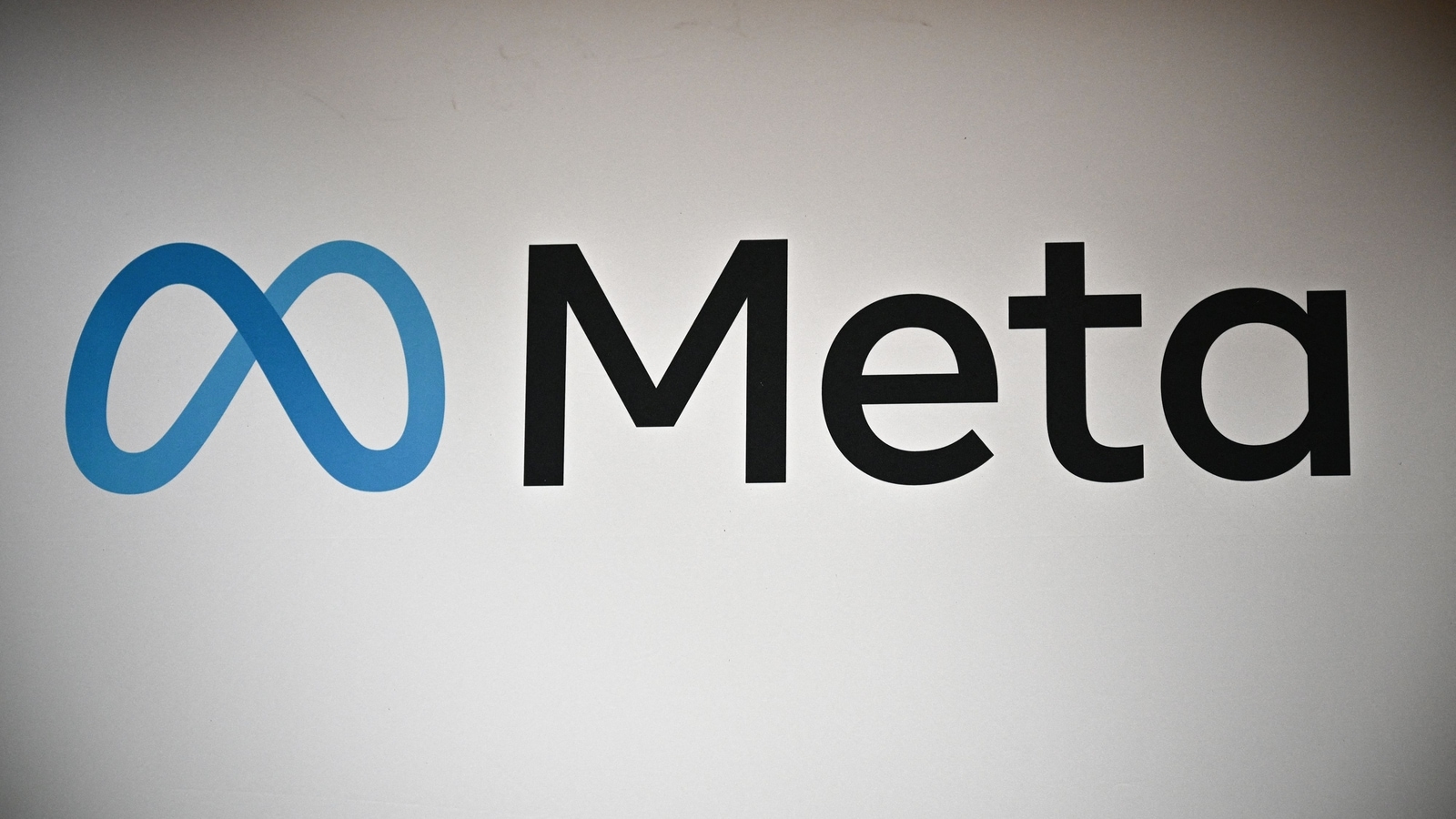Table of Contents
- The Fight to Protect Young Minds
- Meta Brings AI to Reels, Matches Creators With Brands
- META Looks to Lead AI Race: Is Buying in a No-Brainer?
- Meta - SameenaTanishia
- Meta Says It Won’t Renew Deals With News Publishers in Australia, U.S ...
- Meta is testing a new meta privacy control center across apps | TechCrunch
- Meta Platforms (NASDAQ: $META) Posts Biggest Single Day Market Cap ...
- Meta says there’s been no downside to sharing AI technology | Tech News
- Meta is shutting down Workplace, its enterprise communications business ...
- Earnings Preview: What To Expect From Meta


The lawsuit, filed by the Federal Trade Commission (FTC), alleges that Meta's acquisitions of Instagram and WhatsApp were part of a deliberate strategy to stifle competition and maintain its dominance in the social media market. The FTC claims that Meta's actions have harmed consumers and innovators, and that the company's market power has allowed it to dictate terms to developers and advertisers.


The Case Against Meta


During his testimony, Zuckerberg acknowledged that Meta's acquisitions were motivated by a desire to expand the company's user base and improve its services. However, he denied that the acquisitions were intended to stifle competition or harm consumers. Zuckerberg argued that the social media market is highly competitive, with many other companies vying for users' attention.


Defense Strategy

Meta's lawyers also pointed out that the company has faced significant competition from other social media platforms, such as TikTok and Snapchat, and that the market is constantly evolving. They argued that the FTC's attempts to unwind Meta's acquisitions would be harmful to consumers and would undermine the company's ability to innovate and compete.

Implications of the Trial
The outcome of the trial will have significant implications for Meta and the broader social media industry. If the FTC prevails, Meta may be forced to divest Instagram and WhatsApp, which could significantly reduce the company's market power and influence. On the other hand, if Meta is successful in defending its acquisitions, it could embolden other companies to pursue similar strategies, potentially leading to further consolidation in the tech industry.The trial is also being closely watched by regulators and lawmakers, who are grappling with the challenges of regulating the tech industry. The outcome of the trial could inform future antitrust policy and enforcement, and could have significant implications for the future of the internet and the digital economy.
In conclusion, the Meta antitrust trial is a landmark case that will have significant implications for the tech industry and the broader economy. As the trial continues, it will be important to follow the developments and arguments presented by both sides. One thing is certain, however: the outcome of this trial will shape the future of social media and the internet for years to come.